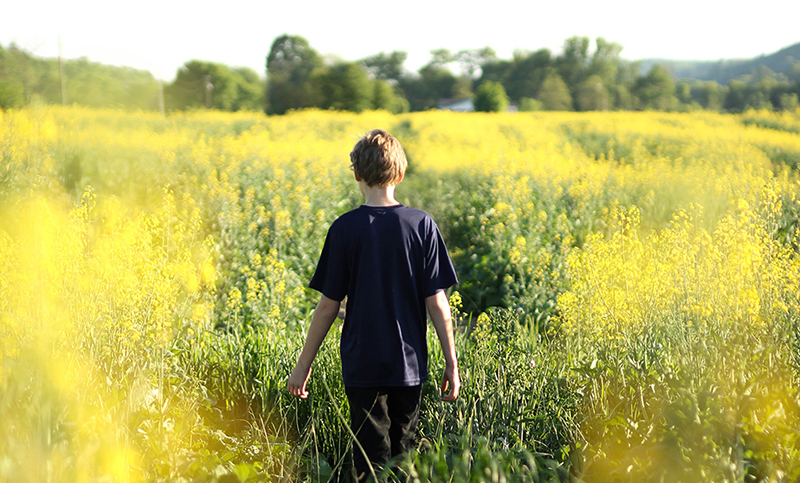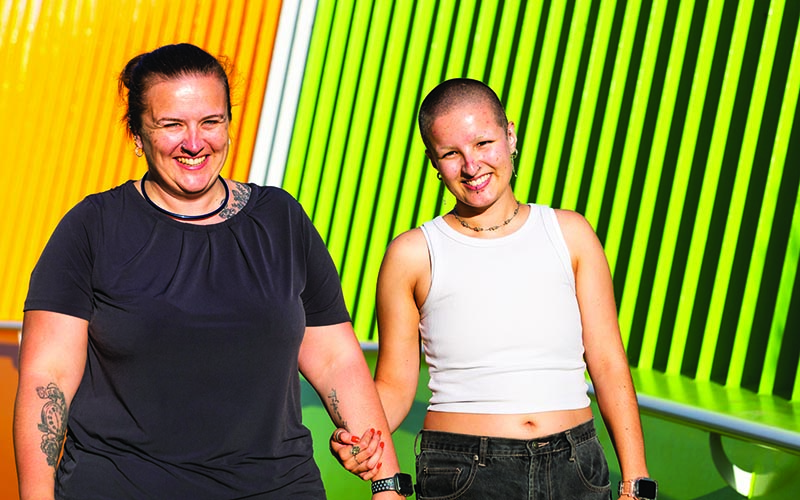Search

Raising a child in one gender and then having them identify as another at any stage in their life can be difficult for a parent to understand and is not always an easy shift for a parent to make.
The Kids Research Institute Australia is proud to have been selected in a pilot program to improve the promotion and retention of women and gender minorities in science.

A new website for parents of trans children and young people across Australia is expected to improve family wellbeing and ultimately save lives after launching in May 2023.
SPARX is a form of computerized cognitive behavioural therapy in serious game format funded via the Ministry of Health to be freely available in New Zealand. At registration users identify themselves as male, female, transgender or intersex. We aimed to establish whether adolescent transgender users of SPARX, compared to adolescent male and female users, were more likely to have high mental health needs at baseline and were more likely to complete SPARX. We also sought to determine changes in transgender adolescents' depressive symptoms after using SPARX.
Not all children or teenagers identify with the gender they were assigned at birth. As a result, some may choose to change their name, their clothes or their body. With considerably higher rates of depression, anxiety, self-harm and attempted suicide, the need for specialist mental health services has been recognised.
Passing is a contentious issue within the trans community. Some trans people strive to pass as cisgender as an inherent goal or to reduce dysphoria, enhance safety, and potentially to facilitate acceptance. Others argue that trans people should not need to pass and that expectations to do so can cause harm to the trans community. This review aimed to systematically source and synthesize the existing qualitative literature that explores the costs and benefits of passing for trans people.
A lack of appropriate care and discrimination in healthcare settings likely compounds the existing risks to mental health and well-being for Aboriginal and Torres Strait Islander lesbian, gay, bisexual, trans, queer/questioning, and asexual (LGBTQA+) young people. The current study contributes findings from Aboriginal LGBTQA+ young people's perspectives on their health service needs and preferences.
This study examines gender and socioeconomic inequalities in parental psychological wellbeing (parenting stress and psychological distress) during the COVID-19 pandemic in Germany. Background: The dramatic shift of childcare and schooling responsibility from formal institutions to private households during the pandemic has put families under enormous stress and raised concerns about caregivers’ health and wellbeing.
School toilets have been identified by sexuality and gender diverse (SGD) students as the least safe spaces in educational institutions. They are sites of verbal, physical and sexual victimisation.
The formation of online communities instils a sense of connectedness which can ameliorate the mental health concerns that result from minority stressors for lesbian, gay, queer, intersex, asexual, and other diverse genders/sexualities (LGBTQIA+). The aim of this study was to explore how LGBTQIA + people communicate social and mental health concerns on TikTok.
